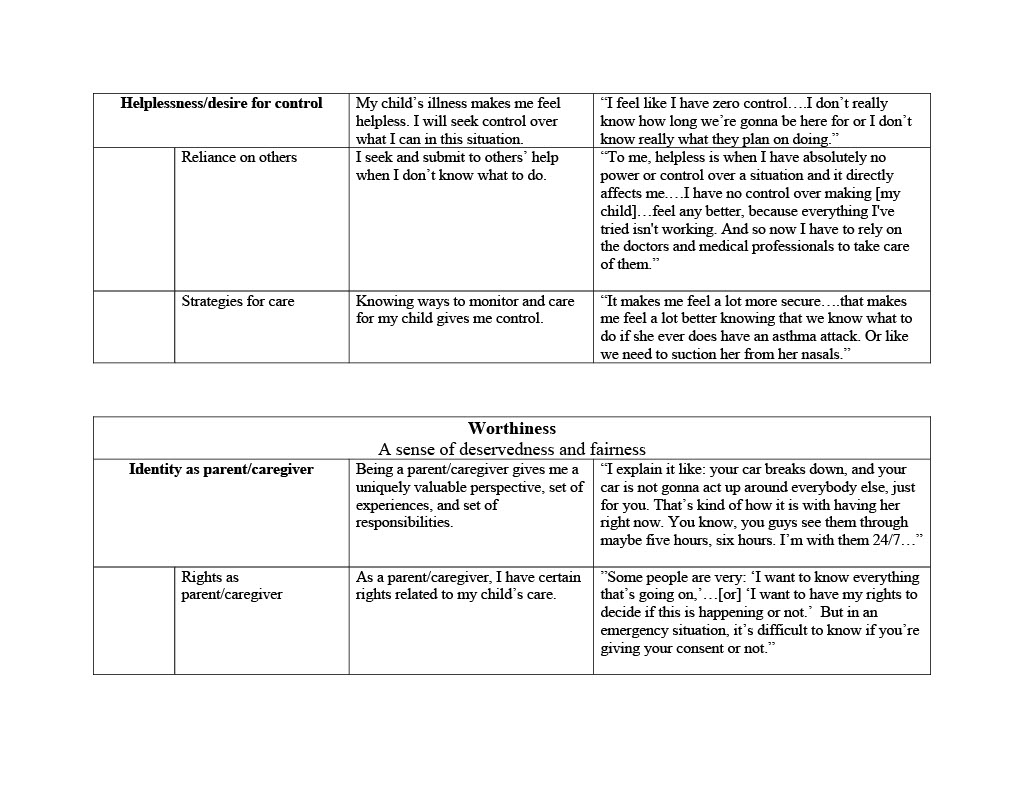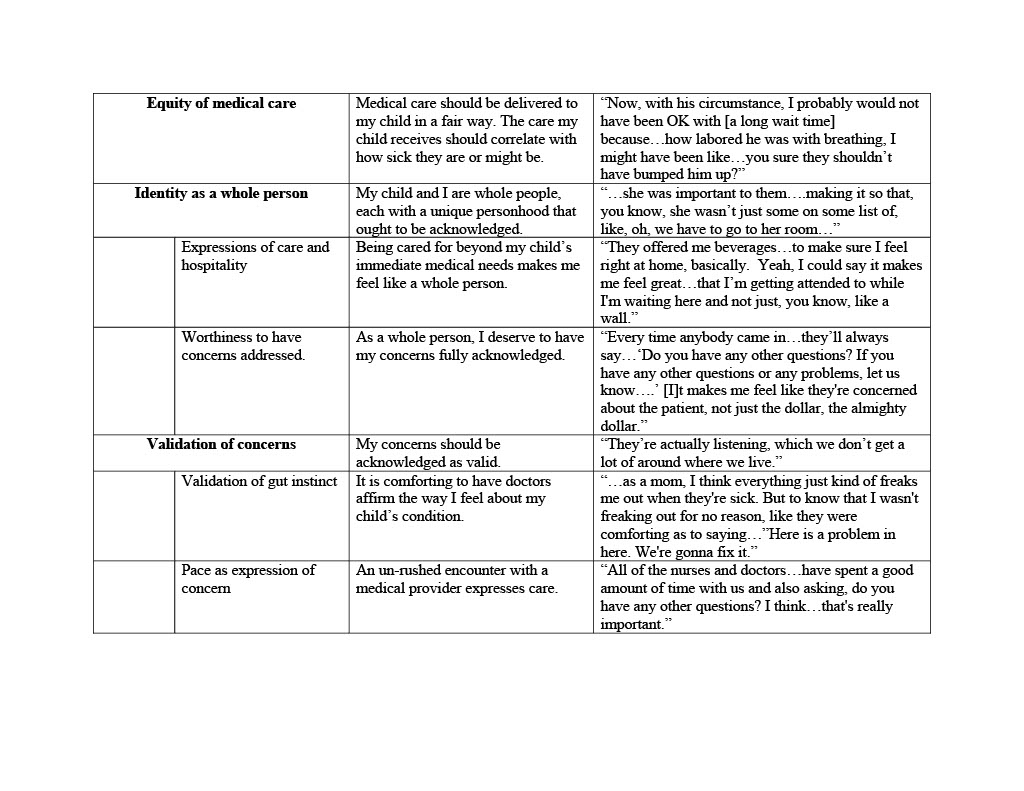Emergency Medicine
Session: Emergency Medicine 9: Respiratory
230 - Understanding Caregivers’ Experience of Bronchiolitis Explanations: A Phenomenological Interview Study
Monday, May 6, 2024
9:30 AM - 11:30 AM ET
Poster Number: 230
Publication Number: 230.3321
Publication Number: 230.3321
- AZ
Albert L. Zhang, MD (he/him/his)
Pediatric Emergency Medicine Fellow
Riley Hospital for Children at Indiana University Health
Indianapolis, Indiana, United States
Presenting Author(s)
Background: Giving medical explanations in the emergency department (ED) is an essential part of patient care and is commonly perceived as information transmission. However, medical explanations are often ineffective, because the experience of a medical explanation is complex and not limited to information comprehension. Bronchiolitis is a common pathology in the pediatric ED that presents with a wide range of severity, and its treatment is limited to supportive care. Previous qualitative studies on bronchiolitis medical explanations provide only broad, delayed suggestions on explanation.
Objective: This study sought to understand the real time experience of a parent/caregiver receiving an explanation after their child was diagnosed with bronchiolitis in the pediatric ED.
Design/Methods: Parents/caregivers of children diagnosed with bronchiolitis were interviewed in the ED at a pediatric tertiary care hospital. Interviews were conducted after participants received the medical explanation from an attending physician. Interviews were conducted using a phenomenological framework, an atheoretical approach that seeks to understand the essence of an experience. Interview were analyzed using interpretive phenomenological analysis to identify common themes.
Results: Interviews were conducted with twenty participants, including mothers (75%), fathers (15%), and grandmothers (10%) of patients. Patient dispositions included discharge (40%) and admission to the floor (35%) and ICU (25%). Two theme categories were identified: disease experience, which described the experience of caring and seeking care for a sick child, and worthiness, which described a sense of deservedness and fairness with which participants expressed desire and expectation for their child’s care. Themes, subthemes, and examples are presented in Table 1.
Conclusion(s): Participants’ experience of the medical explanation extended well beyond information transmission. Several themes echoed previous studies’ findings of caregivers’ experience of bronchiolitis, including those around medical terminology, fear, helplessness, and identity as a caregiver. The theme of worthiness was largely novel. By positing that communication is the real time co-creation of meaning, and not simply transmission of information, coordinated management of meaning is a communication theory that provides a framework for describing the complexity of participants’ experience. Future studies might explore the source of participants’ sense of worthiness and non-traditional communication frameworks to enhance parent/caregivers’ experience.
.jpg)


